Complex deals cloud Virgin Australia’s debt level: Deloitte
Virgin administrators have told a court the airline’s complex records make it hard to know how much the company owes.
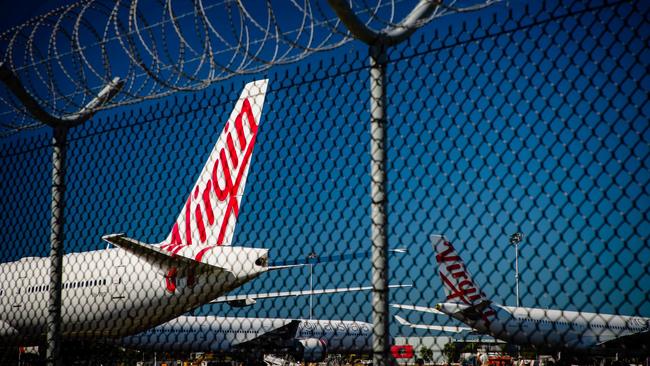
Virgin Australia administrators have told the Federal Court the airline’s record and data keeping is so complex they have been unable to determine exactly how much money the company now owes.
In submissions detailing why Deloitte should not be personally liable for costs accrued by the airline during the administration period, it was revealed Virgin Australia had entered into more than 1130 contracts with about 500 unique suppliers.
These included alliance agreements with various global airlines, procurement contracts for in-flight services such as entertainment and food, ground handling, maintenance and IT, trademark licence agreements, corporate sales agreements, insurance deals and training agreements.
When Deloitte was appointed administrators on April 21, led by Vaughan Strawbridge, Virgin Australia’s debts were calculated to be $6.8bn.
As the airline continued to operate, costs have continued to accrue, but Mr Strawbridge was unable to determine how much that would amount to during the course of administration.
“The administrators and our staff have had difficulties in obtaining a full breakdown of the creditors of each of the Virgin companies due to complex record and data keeping by the head office, making it difficult to understand or readily obtain a detailed creditor listing by each entity within the Virgin Group,” said Mr Strawbridge’s affidavit.
They had also been unable to determine “a true and accurate valuation of the Virgin companies’ assets”, he noted.
In the absence of such information, Mr Strawbridge sought an court order to limit Deloitte’s personal liability for costs and to make “applicable agreements” with contractors, to allow current arrangements to continue during the administration.
He said keeping those arrangements in place would make it easier for Virgin Australia to be sold as a going concern.
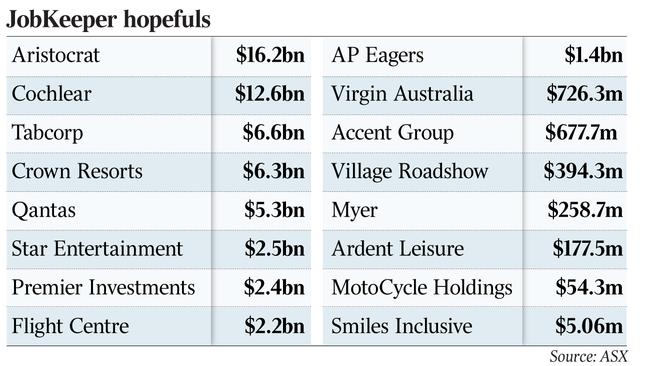
Without those agreements, Mr Strawbridge said the time and cost associated with negotiating new deals would make the airline less attractive to a buyer.
Federal Court judge John Middleton issued the orders requested by Deloitte, noting there was no obligation for contractors to enter into any applicable agreements. But he acknowledged such agreements provided an “efficient and cost effective way (for) administrators to retain and continue to utilise goods and services provided to the Virgin companies without having to make multiple applications to the court”.
For the same reason, aircraft protocols were being negotiated with leasing companies to allow the continued use and maintenance of aircraft until a new owner was in a position to decide how the airline’s fleet should look.
Although there were some 117 leased aircraft and engines in the Virgin fleet, only 27 were currently generating revenue, the submission said.
Presentations to bidders by chief executive Paul Scurrah had highlighted the savings in going to a “single aircraft type” fleet of Boeing 737s.
The court documents also revealed Virgin Australia’s involvement in a number of ongoing litigation proceedings, including a defamation action against the airline in the Brisbane District Court. The matter was brought by police prosecutor Jamie Baker against Virgin Australia, which banned him from flying with the airline over his alleged harassment of a pilot who married his ex-wife.
More than 40 other matters were under way, including 12 industrial litigation matters, 21 claims in the Administrative Appeals Tribunal and 14 personal injury claims — all of which were insured.
In another example of the size of the job at hand, Deloitte told the court it had received close to 5000 emails from creditors since being appointed administrators.
The next significant date in the administration was Friday, when Deloitte was expected to reduce the shortlist of four bidders to two. The two would then be expected to lodge binding offers by June 12, in the hope a buyer could be confirmed by the end of the month.
Those in the running included private equity firms Bain and BGH Capital, Phoenix-based airline investor Indigo Partners and US hedge fund Cyrus Capital.
Bain has indicated it wants to draw on the Virgin Blue low-cost model. Cyrus is believed to be pitching the continuation of a “premium airline” service while Indigo Partners specialises in ultra-low-cost carriers.


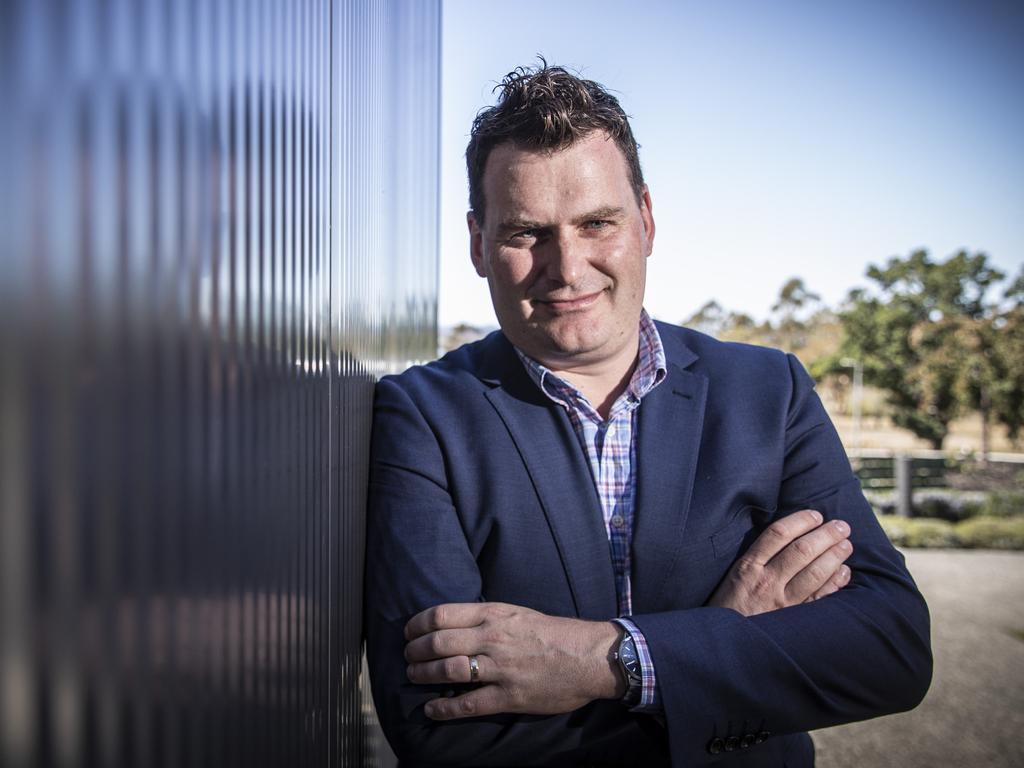

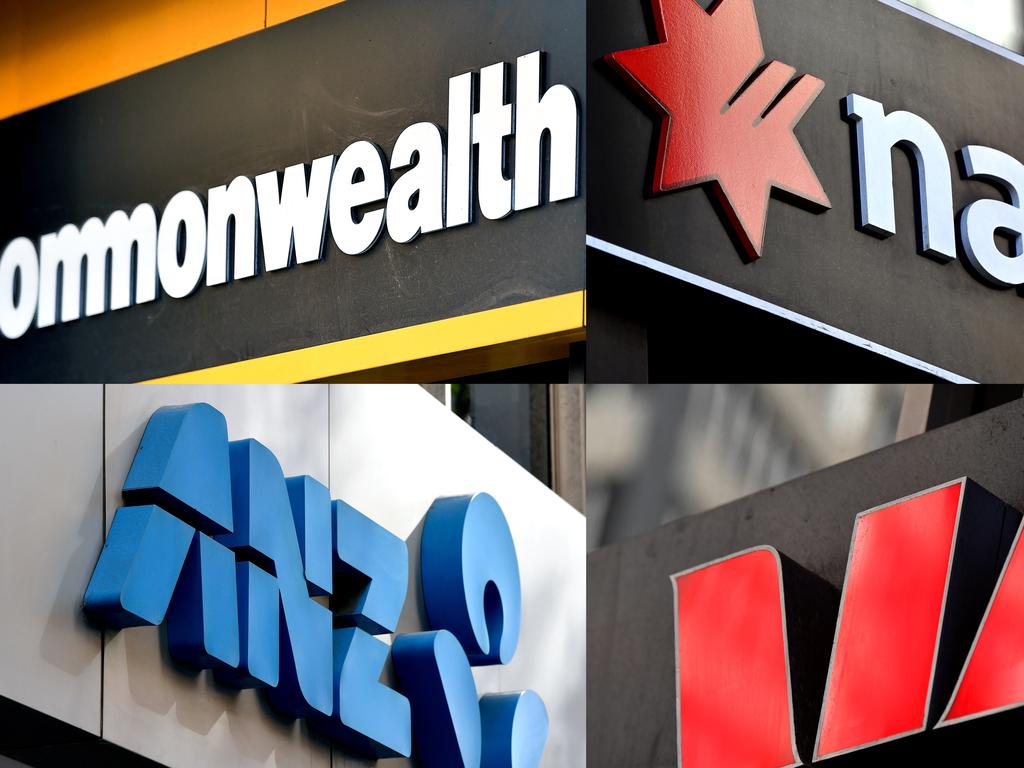
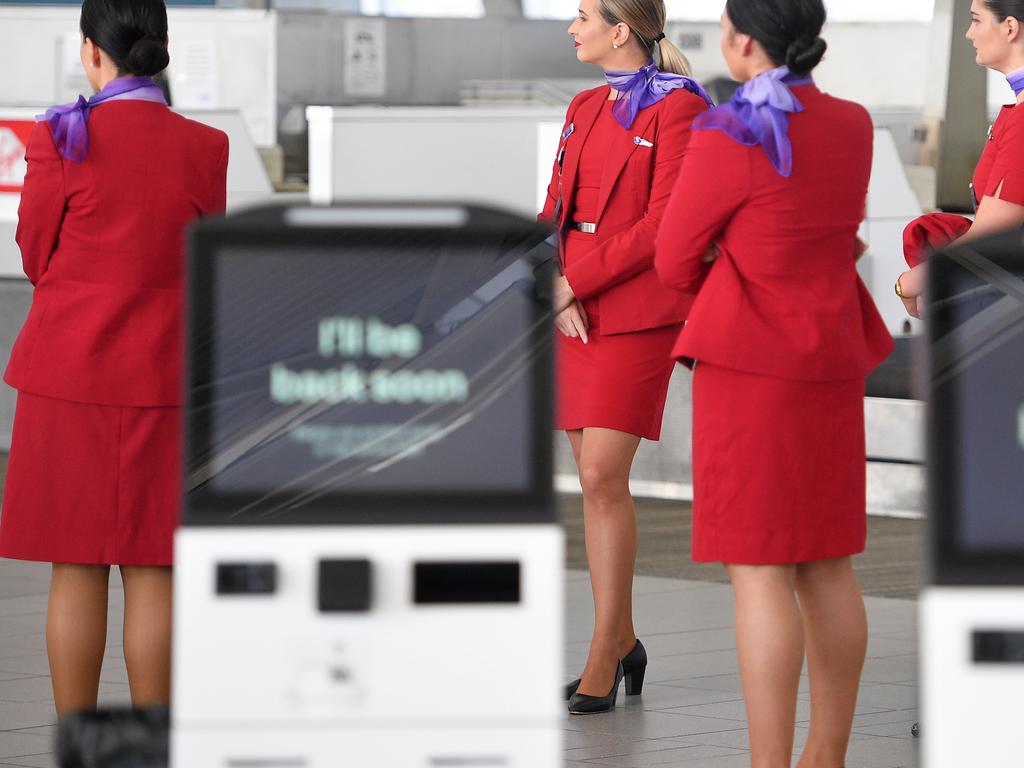


To join the conversation, please log in. Don't have an account? Register
Join the conversation, you are commenting as Logout